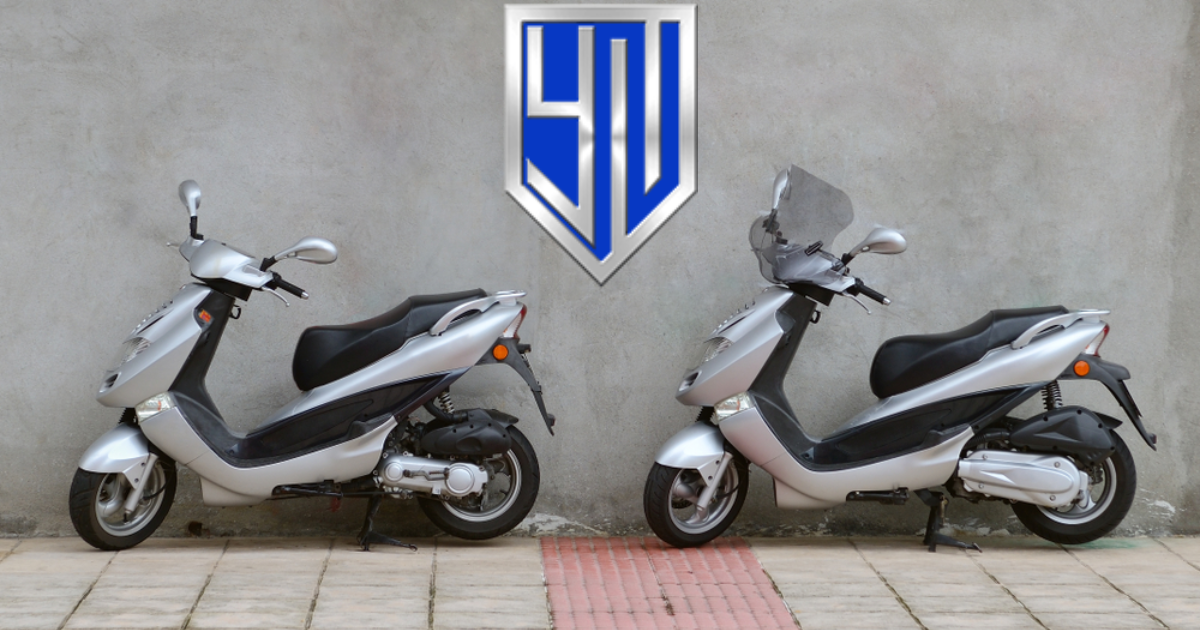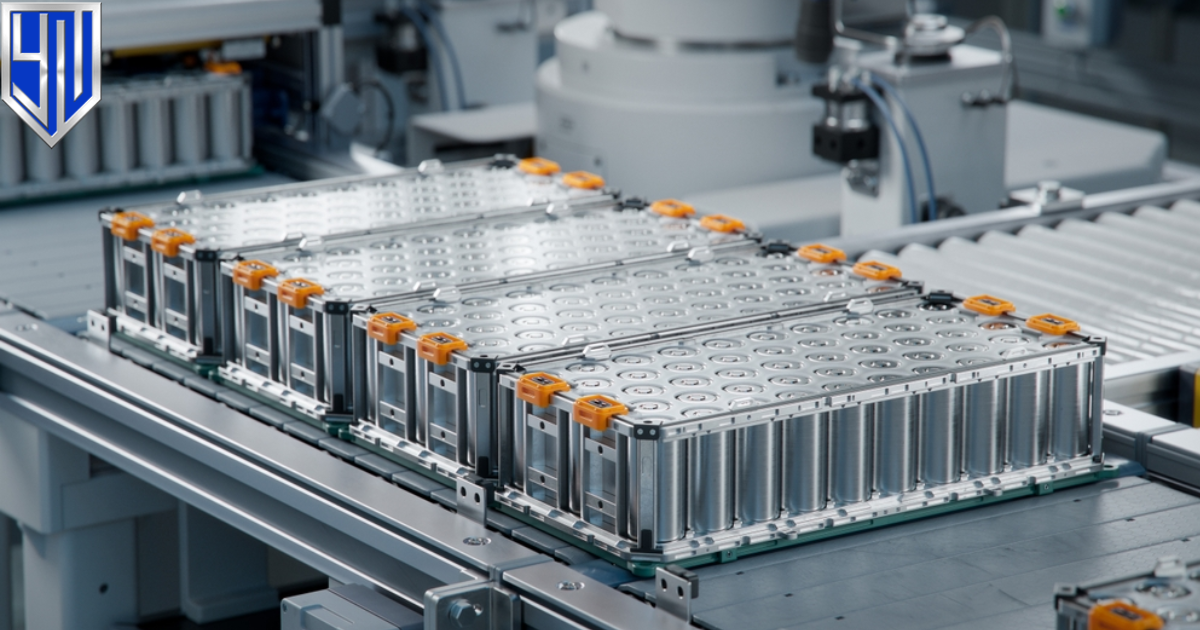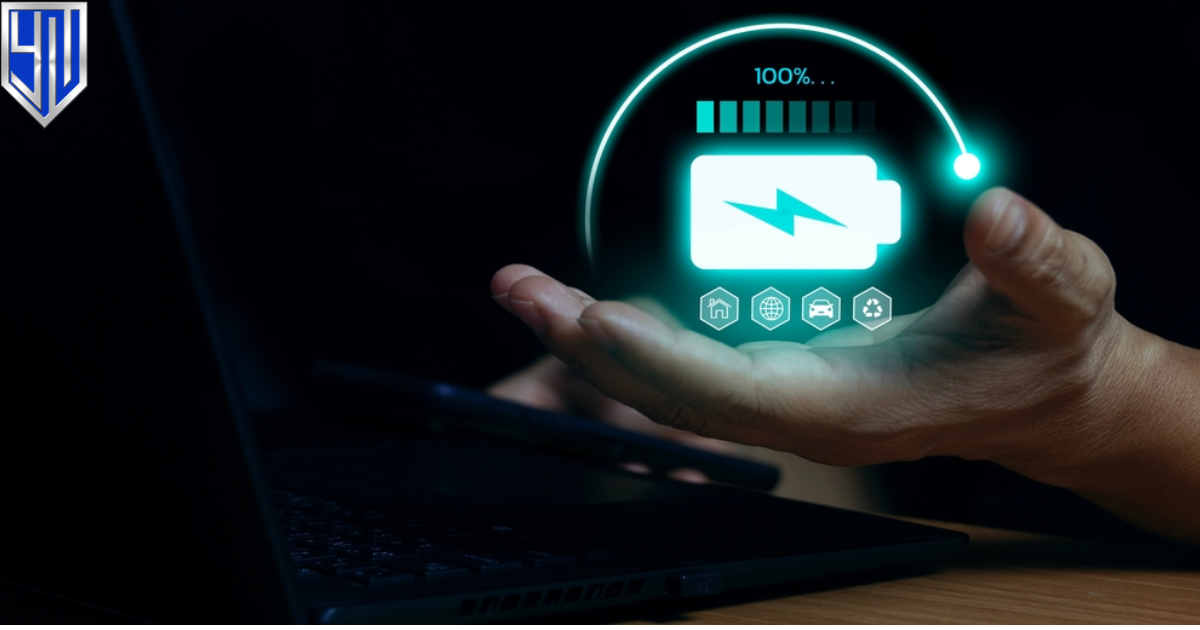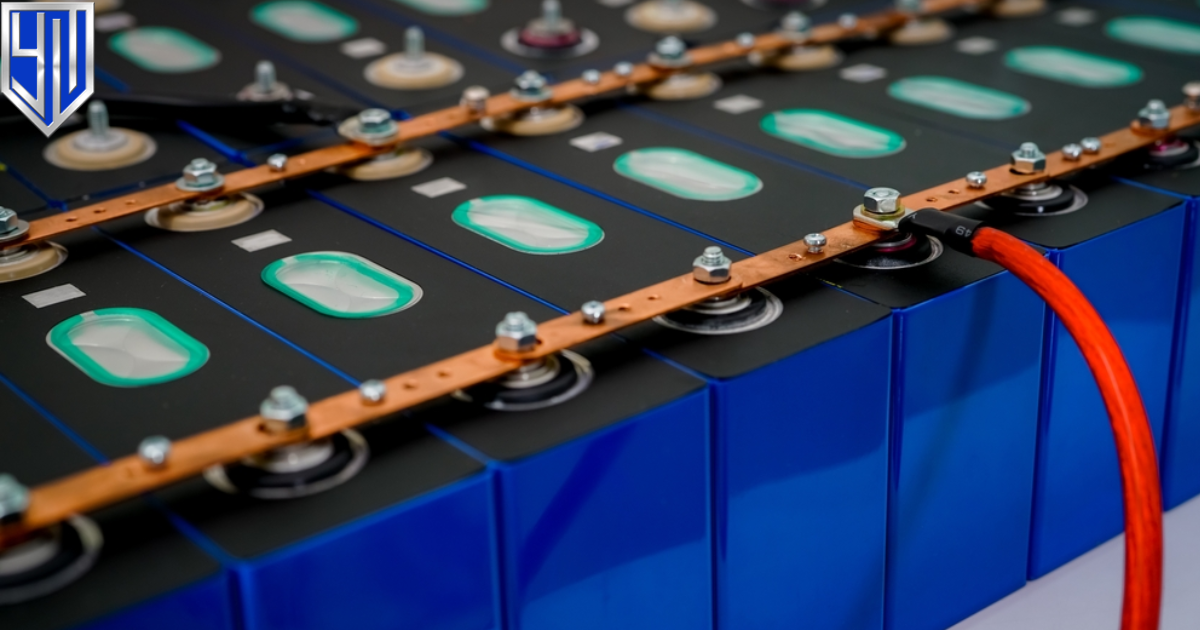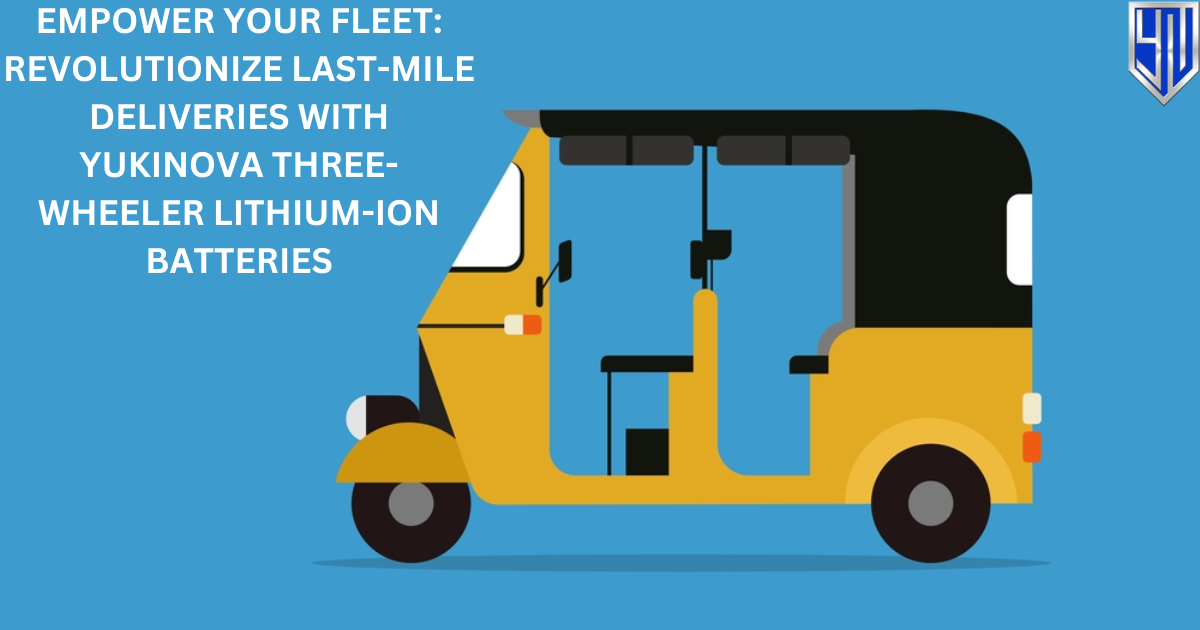In today’s fast-evolving energy landscape, efficient energy storage systems (ESS) are more crucial than ever. As industries, businesses, and households look to optimize their energy consumption, the need for reliable and sustainable energy storage solutions has grown exponentially. Yuki Electricals, a leading Lithium-ion ESS Battery Manufacturer, proudly introduces its latest range of ESS batteries and portable batteries under the brand Yukinova, specifically designed to meet the needs of modern energy consumers.
Yukinova’s batteries represent a breakthrough in both technology and convenience, offering innovative solutions for residential, commercial, and portable energy needs.
1. The Rise of Lithium-ion ESS Batteries
Energy storage systems (ESS) are becoming an integral part of smart energy solutions, especially as renewable energy sources like solar and wind become more popular. ESS batteries help store surplus energy, ensuring continuous power supply even when production is low. As one of the leading Lithium-ion ESS battery manufacturers, Yuki Electricals is at the forefront of this transformation, developing advanced batteries that store energy efficiently and reliably.
Yukinova’s newly introduced ESS batteries are tailored to support a range of applications—from powering homes and businesses to supporting off-grid systems. With high energy density, quick recharge times, and long lifespans, these batteries are ideal for seamless energy management and uninterrupted power supply.
2. Features of Yukinova’s ESS Batteries
The newly launched ESS batteries by Yukinova offer several key features that make them stand out:
- High Energy Efficiency: Yukinova’s ESS batteries provide superior energy retention, minimizing energy loss during storage and discharge.
- Fast Charging: The lithium-ion technology ensures rapid charging cycles, allowing users to maximize energy availability.
- Extended Lifespan: Designed with premium materials, these batteries offer longer life cycles compared to traditional batteries, making them a cost-effective energy storage solution.
- Sustainable and Eco-Friendly: Yukinova batteries help reduce the carbon footprint by supporting renewable energy integration, such as solar or wind energy.
As a trusted Lithium-ion ESS battery manufacturer, Yuki Electricals ensures that every battery meets the highest standards of safety, efficiency, and reliability.
3. Portable Power with Yukinova’s New Battery Range
In addition to ESS batteries, Yukinova introduces a range of portable lithium-ion batteries for individuals on the move. These portable batteries are perfect for camping, travel, or emergency power needs, providing clean and silent energy without the hassle of fuel or maintenance.
- Lightweight and Compact: Designed for mobility, Yukinova portable batteries are easy to carry and use wherever you go.
- Versatile Applications: Whether charging devices, powering appliances, or supporting outdoor activities, these portable batteries deliver reliable power.
- Quick Recharging: The batteries feature fast-charging technology, so you’re never left without power for too long.
Yukinova’s portable battery range brings convenience and energy independence to your fingertips, making them a must-have for modern consumers.
4. Why Choose Yuki Electricals?When selecting energy storage solutions, partnering with a trusted Lithium-ion ESS battery manufacturer is essential. Yuki Electricals has a legacy of producing high-quality batteries that meet global standards. With an emphasis on innovation, performance, and sustainability, Yukinova’s products are crafted to empower users with reliable energy solutions.
Conclusion
The newly introduced ESS batteries and portable batteries from Yukinova represent a significant leap forward in energy storage technology. Whether you’re managing energy at home, running a business, or looking for portable power on the go, Yukinova’s lithium-ion batteries are built to deliver superior performance.
Trust Yuki Electricals, a renowned Lithium-ion ESS battery manufacturer, for innovative energy solutions that are efficient, eco-friendly, and built for the future. Empower your energy journey with Yukinova today!



